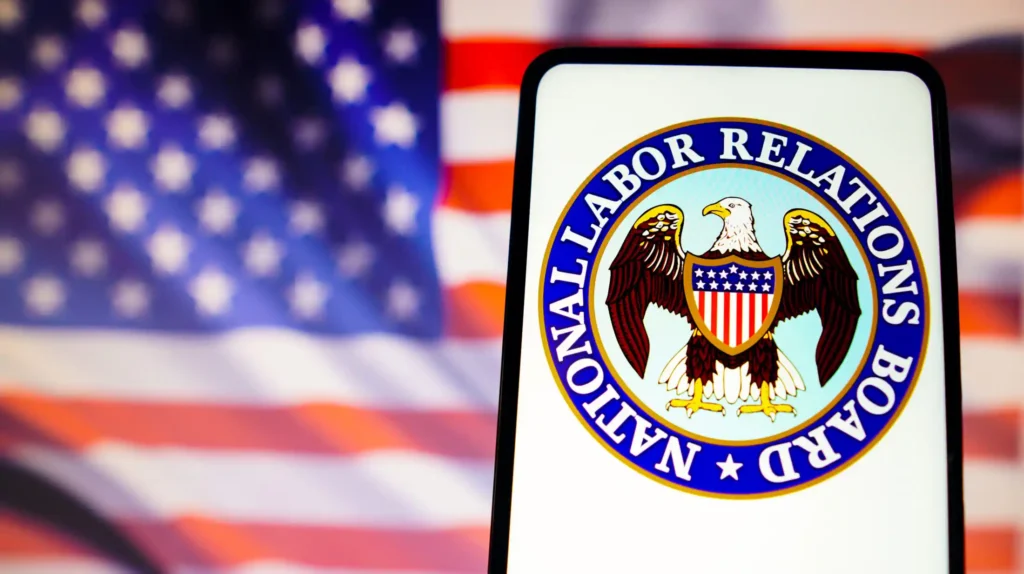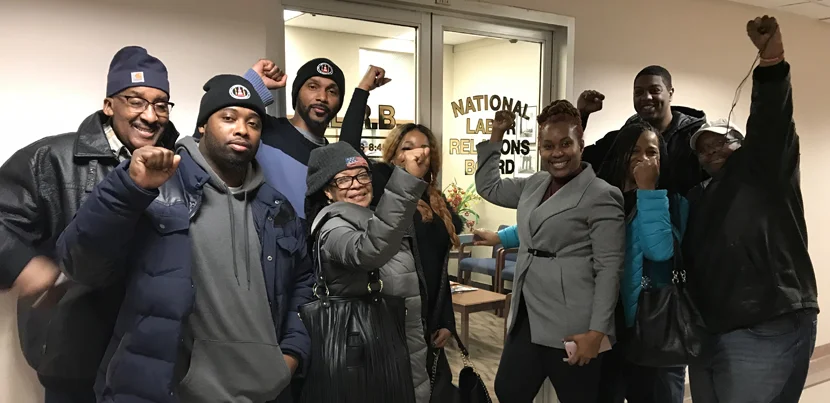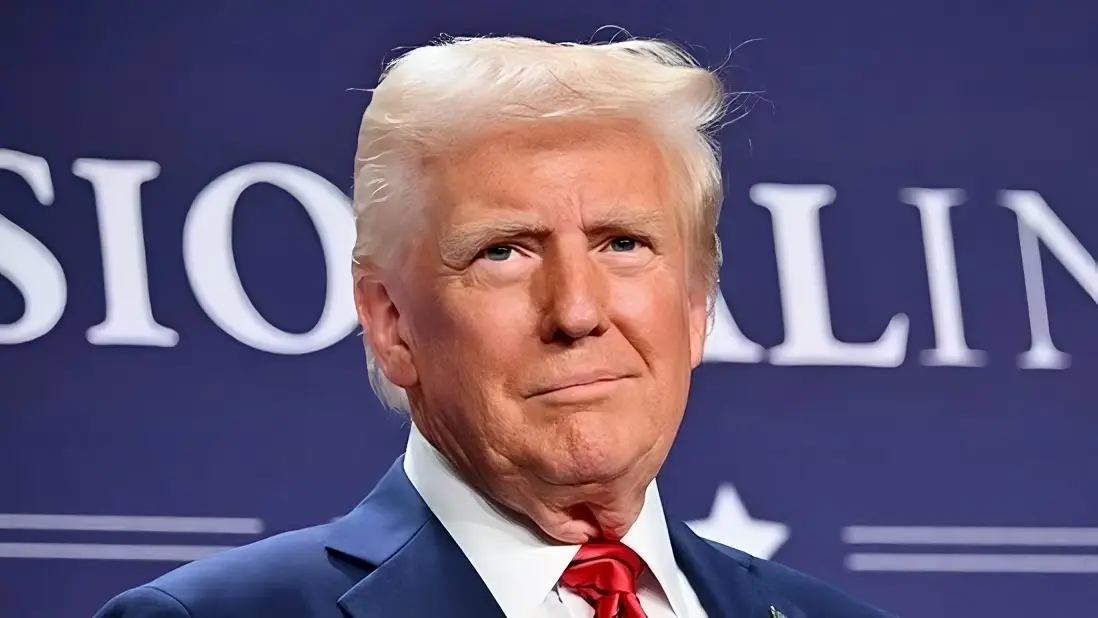President Donald Trump shocked political and legal experts by firing Jennifer Abruzzo, the General Counsel of the National Labor Relations Board (NLRB), and Gwynne Wilcox, a Democratic board member.
Announced late Monday, this decision has triggered a wave of controversy, with critics questioning whether Trump overstepped his presidential authority.
Gwynne Wilcox, known as the first Black woman to serve as an NLRB board member, held a term that was supposed to last until 2028.
Now, she claims her termination directly violates Supreme Court precedent and vows to challenge the firing in court.
This abrupt shake-up has created a ripple effect that could redefine the limits of presidential power over independent agencies like the NLRB.
The NLRB’s Role in Protecting Workers Is Now at Risk
The National Labor Relations Board has long been a champion for workers’ rights. It monitors union elections, investigates unfair labor practices, and enforces labor laws.
Under President Biden, the NLRB leaned heavily toward pro-worker policies, strengthening protections for unions and penalizing employers for union-busting tactics.
But Trump’s action signals a dramatic shift. By removing Abruzzo and Wilcox, the administration effectively halts progress on pending cases involving unfair labor practices.
The power dynamics now favor employers, leaving unions and workers in a precarious position.

Key Figures Who Shaped Labor Rights at the NLRB
- Jennifer Abruzzo: As General Counsel, she was a staunch advocate for workers. Her aggressive pursuit of stronger labor law enforcement reshaped the agency’s role.
- Gwynne Wilcox: A trailblazer as the first Black woman on the board, she prioritized protecting collective bargaining rights and ensuring diverse voices were represented in labor discussions.
Their departure raises concerns about whether the NLRB can continue safeguarding workers’ interests under its current leadership.
What Makes These Firings So Unprecedented?
Firing NLRB board members is highly unusual. While presidents have the authority to remove General Counsels, board members enjoy protections that shield them from removal unless there’s evidence of gross misconduct or neglect of duty.
Wilcox argues that Trump’s decision violates these protections and undermines the NLRB’s independence.
If her legal challenge succeeds, it could set limits on presidential power, but if it fails, it may pave the way for future administrations to use the NLRB as a political tool.
Legal Deadlock at the NLRB Hurts Workers
The firing of Wilcox leaves the board with only two members: one Republican and one Democrat. Without a quorum, the NLRB cannot resolve critical cases.
This stalemate benefits employers who face allegations of union-busting or unfair labor practices, as cases remain in limbo indefinitely.
Even more concerning, companies like Elon Musk’s SpaceX have previously challenged the NLRB’s authority, arguing that its structure is unconstitutional.
Trump’s bold move fuels these arguments, potentially weakening the agency’s standing in the long term.

Fired Officials Speak Out Against Trump’s Actions
Gwynne Wilcox released a fiery statement condemning her removal: “This unprecedented firing undermines the integrity of the NLRB and the rights of workers across America.
She emphasized the importance of her role in promoting diversity and equity within the agency.
Jennifer Abruzzo, meanwhile, defended her record, saying, “There’s no putting the genie back in the bottle.
Workers have seen what’s possible when labor laws are enforced, and they won’t stand for anything less.”
Both officials warned that Trump’s actions could embolden employers to sidestep labor laws, leaving workers vulnerable to exploitation.
The Future of Labor Rights Hangs in the Balance
This conflict marks the beginning of a legal showdown with far-reaching consequences. If courts uphold Trump’s decision, it could give future presidents unchecked authority to reshape independent agencies like the NLRB.
For workers, the stakes are incredibly high. Without a functioning NLRB, many labor disputes will remain unresolved, delaying justice for those fighting against unfair practices.
This fight isn’t just about two officials—it’s about the future of labor rights in America. The next steps in this legal battle could redefine the relationship between the presidency and independent agencies for decades to come.







